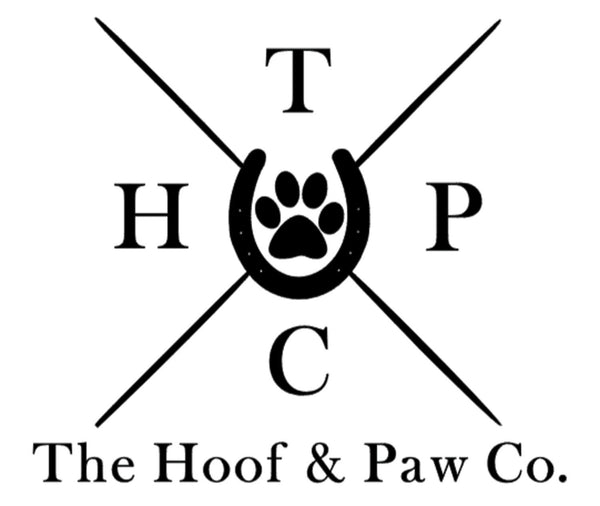The Truth About "Preservative Free"
Share
“Preservative Free!”
Yikes! Red flag. If you’re using a product from a brand who markets their formulas as being preservative free, put the bottle down and read this. Water-based products need preservatives, and if you’re seeing a product being represented with that language, don't use it. Here are 3 “preservative free” scenarios, and why they’re all problematic.
-
They’re not telling the truth. Did you know that companies who produce topical products for animals are not required by law to disclose their formulas? Brands will include ingredients in their formulas that may act as a preservative, without “technically” being a preservative. It’s a marketing tactic (lie) in order to get you to purchase their product under the premise that it’s preservative free, all the while containing an unconventional and potentially inadequate preservative. As a brand who values transparency, we think that’s pretty unethical.
-
Their formulas are “self-preserving.” In order for a formula to be self preserving, it needs to have a pH of less than 3 or greater than 10. Less than 3 is extremely acidic (think acid face peel), or extremely alkaline (like bleach). Generally speaking, a dog’s skin pH will range from 6.2 to 7.4, while a horse’s skin will range from 7-7.4. Now, think about the effects of repeated exposure to a product with a wildly low or high pH. That’s a recipe for skin irritation, redness, itching, and other adverse effects. Self-preserving formulas are unsafe for your animal’s sensitive skin and should be avoided.
-
They’re not using a preservative at all. Water is a breeding ground for microorganisms. At any given time, undistilled water can contain thousands of them. While many organisms are harmless, some can be dangerous, such as e. Coli, Salmonella, Giardia, Blue-Green Algae... the list goes on. These are certainly not something you should risk spraying directly onto your animal. Preservatives prevent the growth of microorganisms, stabilize the formula, and extend a product’s shelf life.
“Preservative Free” is not the answer. Responsibly sourced, safe, and effective preservatives are. That’s why we ultimately chose a natural, broad-spectrum preservative that’s eco-certified and COSMOS approved. This allows us to maintain the integrity of our natural brand while still protecting your animals from unwanted bacteria, fungus, and other living organisms.
Sources:
Cabral JP. Water microbiology. Bacterial pathogens and water. Int J Environ Res Public Health. 2010 Oct;7(10):3657-703. doi: 10.3390/ijerph7103657. Epub 2010 Oct 15. PMID: 21139855; PMCID: PMC2996186.
Schlake, Alexander & Devriendt, Nausikaa & Talloen, Louise & Rooster, Hilde. (2021). Influence of age, sex, body condition score, temperature, anatomical location and hair on skin pH in dogs. Veterinary Dermatology. 33. 10.1111/vde.13011.
